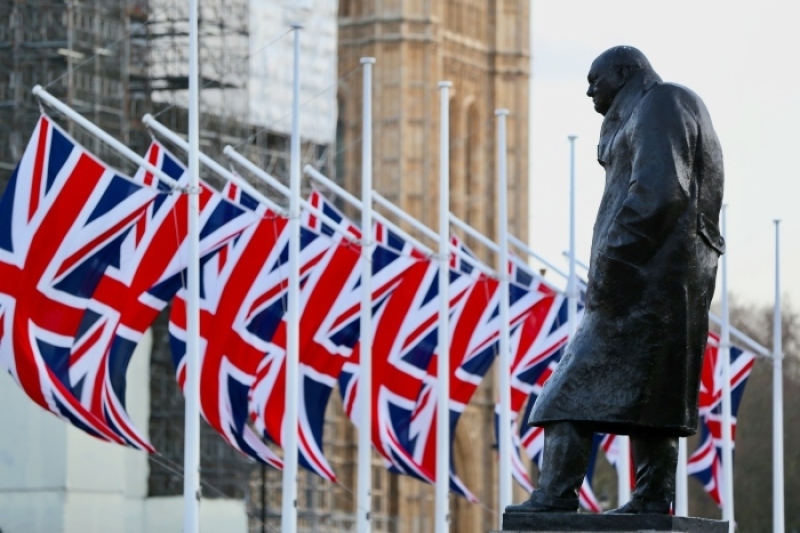
Sutton Council in south London has instructed employees to avoid asking for “Christian” names and to use “first name, forename, or given name,” while also eliminating other religious and gender-related terms.
This guidance is part of a new 13-page document aimed at promoting “inclusive” language, as reported by The Telegraph, which states that staff should no longer ask members of the public for their “Christian” name and advises using “first name, forename, or given name” instead.
The document, issued by the Liberal Democrat-run council, emphasizes that references to religion should be avoided unless relevant to the topic being discussed, according to The Sun. In addition, the guidelines discourage language that may be seen as ageist, recommending against terms like “youngsters” for those under 30 or “pensioners” for individuals over 65.
The recommendations are part of a broader push against using labels such as “mature workforce” or “vibrant team,” which the council believes could unintentionally offend or exclude people. The guide, created with input from “diversity experts,” states, “Using incorrect or outdated language can perpetuate, contribute to, or cause bias, prejudice and discrimination.”
The guidance also suggests replacing gender-specific terms like “manpower” with “workforce,” and encourages referring to meeting leaders simply as “chair” instead of “chairman,” aiming to align daily practices with an evolving standard of inclusivity.
Toby Young, founder of the Free Speech Union, criticized the guidance, calling it “woke hyper-sensitivity taken to ridiculous lengths.” He remarked to The Sun, “I’ve never met a Jew, a Muslim, or an atheist offended by the words ‘Christian name.’” Young further stated that these directives exceed normal considerations of courtesy.
Officials from Sutton Council clarified that the guidance is not a mandatory policy, stating, “We have not banned the word Christian. Our inclusive language guide has been created in collaboration with our staff to help them support our balanced and diverse community.” They noted that most forms used by British residents typically refer to first name and surname, hence the guide reflects “common usage today.”
Similar directives promoting inclusive language have also been introduced by other local governments in London. Hackney Council produced a 17-page guide advising employees to replace “Sir/Madam” with more general greetings such as “Dear colleagues,” and suggested using “people who become pregnant” instead of “expected mothers.”
Westminster Council, which received the nickname “Wokeminster” from its chief executive after displaying trans-inclusive pride flags, has reportedly issued similar guidelines.

















